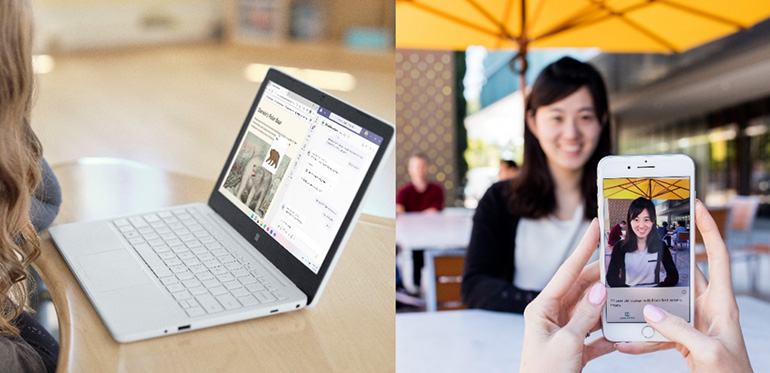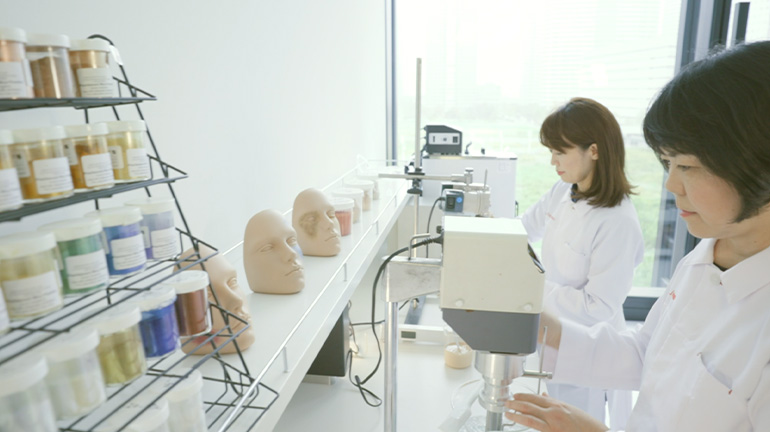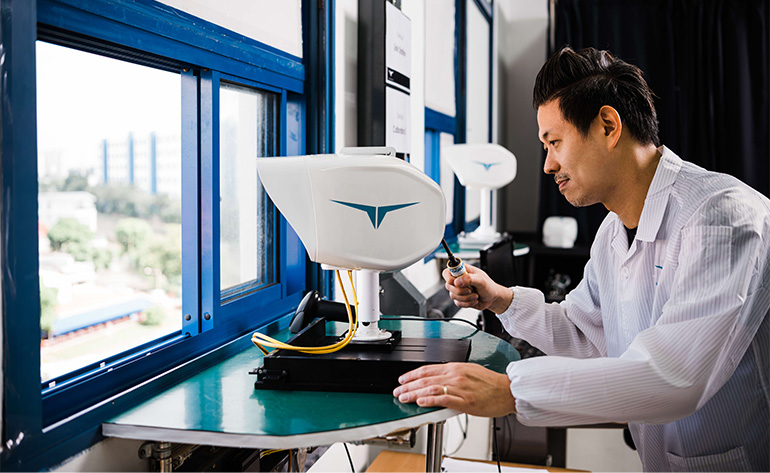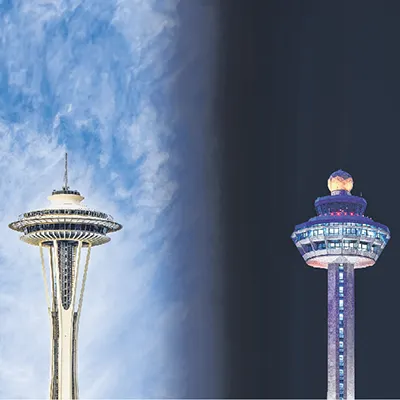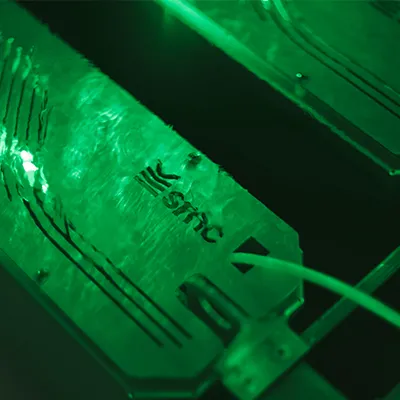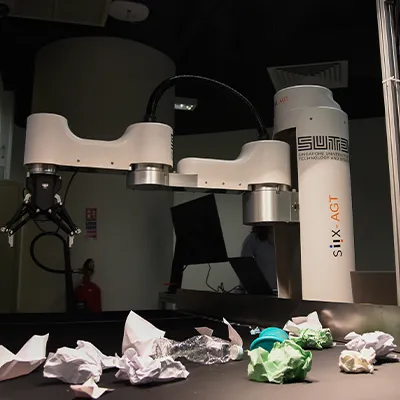Microsoft provides persons with disabilities with new opportunities through technology
Companies based in Singapore are driving change through innovations that reduce global inequalities — one going as far as outer space to do it.
Transcelestial’s space laser network will send undersea cables from earth into orbit, from where they can power entire towns, cities and even countries.
Rohit Jha, its CEO and Co-Founder pointed out: “Connectivity is a basic human right. Yet today, three to five billion people in this world still don’t have access to affordable, quality Internet. We need it for job opportunities, for basic healthcare, for economic progress and education. Something needs to be done.”
For another billion of the world’s underserved, Microsoft is building accessibility through artificial intelligence (AI) into its products. Richard Koh, Microsoft’s Chief Technology, Security & Customer Success Officer said: “Over a billion people on the planet have some form of disability, yet only one in 10 of them has access to tools that help them to meaningfully contribute to the economy. Technology has the power to make the world more inclusive, so that everyone, regardless of their capabilities and background, has access to its benefits.”
Meanwhile, beauty giant Shiseido, aims to improve the lives of those who live with severe appearance concerns. Its President and CEO (Asia-Pacific) Nicole Tan said: “Shiseido has been helping people with serious skin and medical conditions since the end of World War II. Our beauty innovations don’t just restore confidence in people who look different; they go beneath the skin to empower the marginalised to live their lives to the fullest.”

